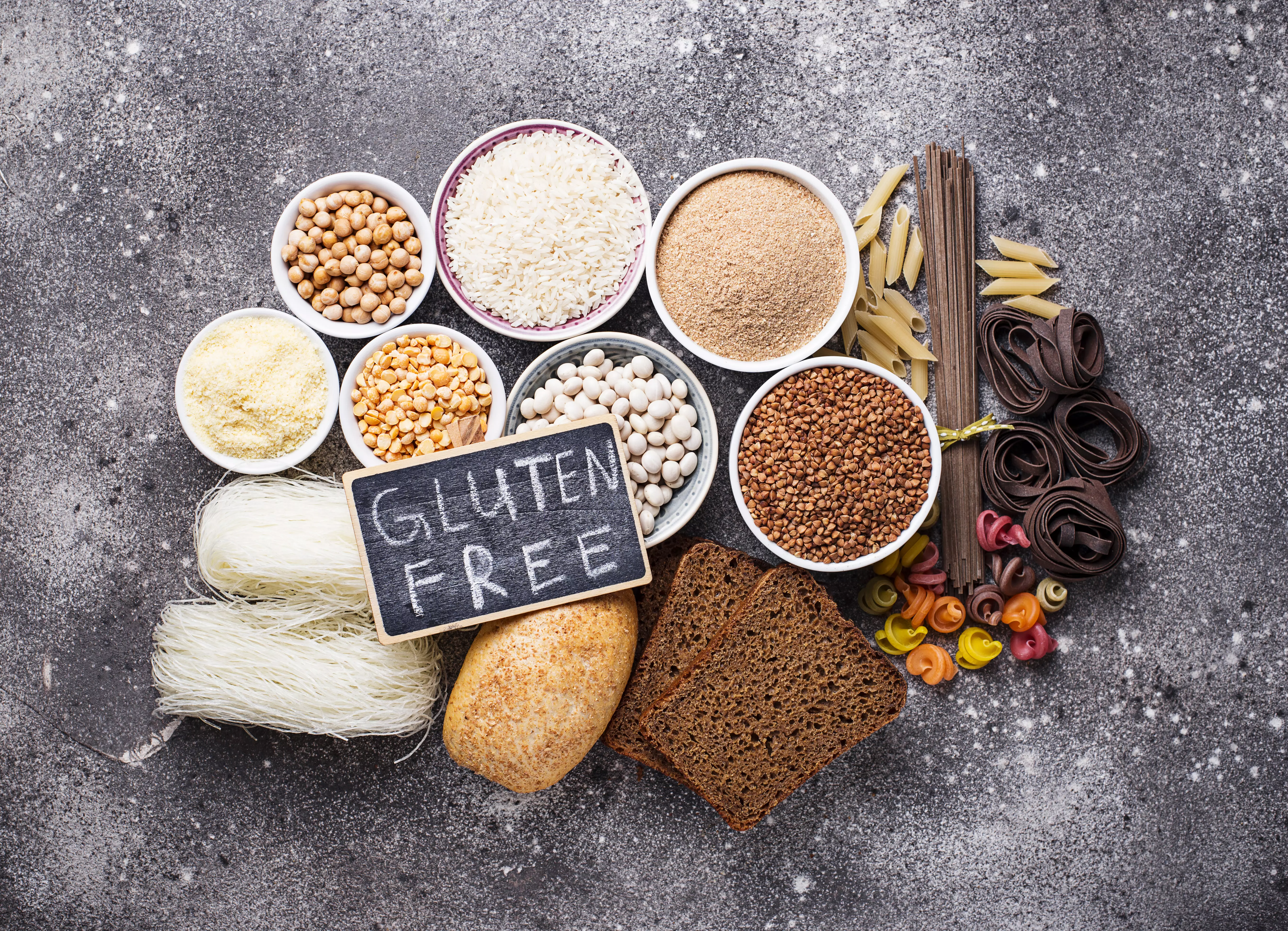Diet for allergy and gluten intolerant people
Food is an integral part of our lives. It is not only a source of energy, but also affects our health and well-being. That is why it is so important to take proper care of your diet, especially if you have allergies or gluten intolerance.
Afood allergy is a hypersensitivity of the body to certain food components. It can manifest itself in a variety of ailments, such as rashes, hives, abdominal pain, nausea or breathing problems. People with food allergies need to pay special attention to what they eat to avoid developing an allergic reaction.
What is gluten intolerance?
What products are allowed in the diet for gluten allergies and intolerance?
When you are diagnosed with an allergy or gluten intolerance, you need to make certain changes in your diet. It is important to replace products that are problematic for us with others that will not harm our health. Here is a list of allowed products:
Rice, groats and cereals - they are an excellent source of carbohydrates and gluten-free nutrients.Vegetables and fruits - they are a rich source of vitamins, minerals and fiber and are low in calories.Nuts and seeds - are a source of plant protein and healthy fats.Meat and fish - will be an excellent addition to the diet, providing an adequate amount of protein.Plant milk - for those who are lactose intolerant, plant-based drinks such as soy milk, almond milk or rice milk will be an excellent alternative.What should be eliminated from the diet?
Once we know the products we can consume, it's time to pay attention to those that should be eliminated from our diet. Here is a list of products to avoid:
Wheat, rye and barley - these grains contain gluten and are unsuitable for people with gluten intolerance.Dairy products - if we are lactose intolerant, we must give up dairy products.Eggs - although some people are intolerant to the proteins in eggs, for most allergy sufferers eggs are not a problem.Salt - in some cases, salt and foods prepared with it can cause allergic reactions.Sweets - many sweets contain allergens, such as peanuts, nuts and milk, so it's a good idea to read labels and choose safe options.What are the advantages of a diet for allergies and gluten intolerance?
A diet for allergy and gluten intolerance, in addition to eliminating problematic products, also brings many health benefits. People with food allergies or gluten intolerance often report an improvement in their well-being after implementing an appropriate diet. They may experience a reduction in digestive discomfort, improved skin condition and increased energy levels.
Implementing a diet for food allergies and gluten intolerance can be a challenge, but with the right knowledge and meal planning, you can enjoy a healthy and tasty diet. It is worth consulting a nutritionist who can help us create a balanced menu tailored to our needs and preferences.
Summary
Both food allergy and gluten intolerance do not have to be obstacles to a healthy lifestyle. It is only important to properly identify the problematic products and introduce substitutes that provide the necessary nutrients. Diets for allergy and gluten intolerance can bring many health benefits and improve our well-being. However, remember that each diet should be tailored to the individual needs of the body, so it is worth consulting a specialist to get the right support and knowledge
.